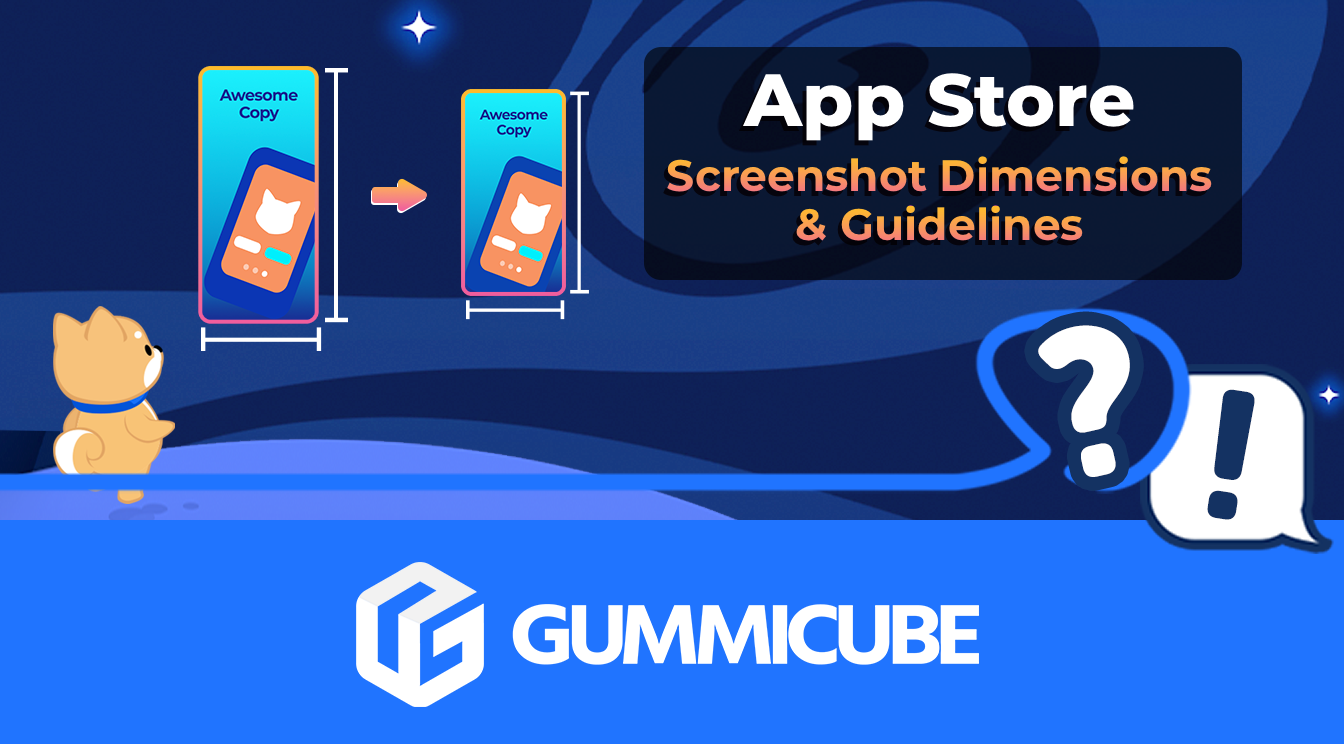
App Store Screenshot Dimensions & Guidelines
Posted on August 1st, 2024
Make sure your app stays compliant with the latest App Store Screenshot Dimensions & Guidelines here
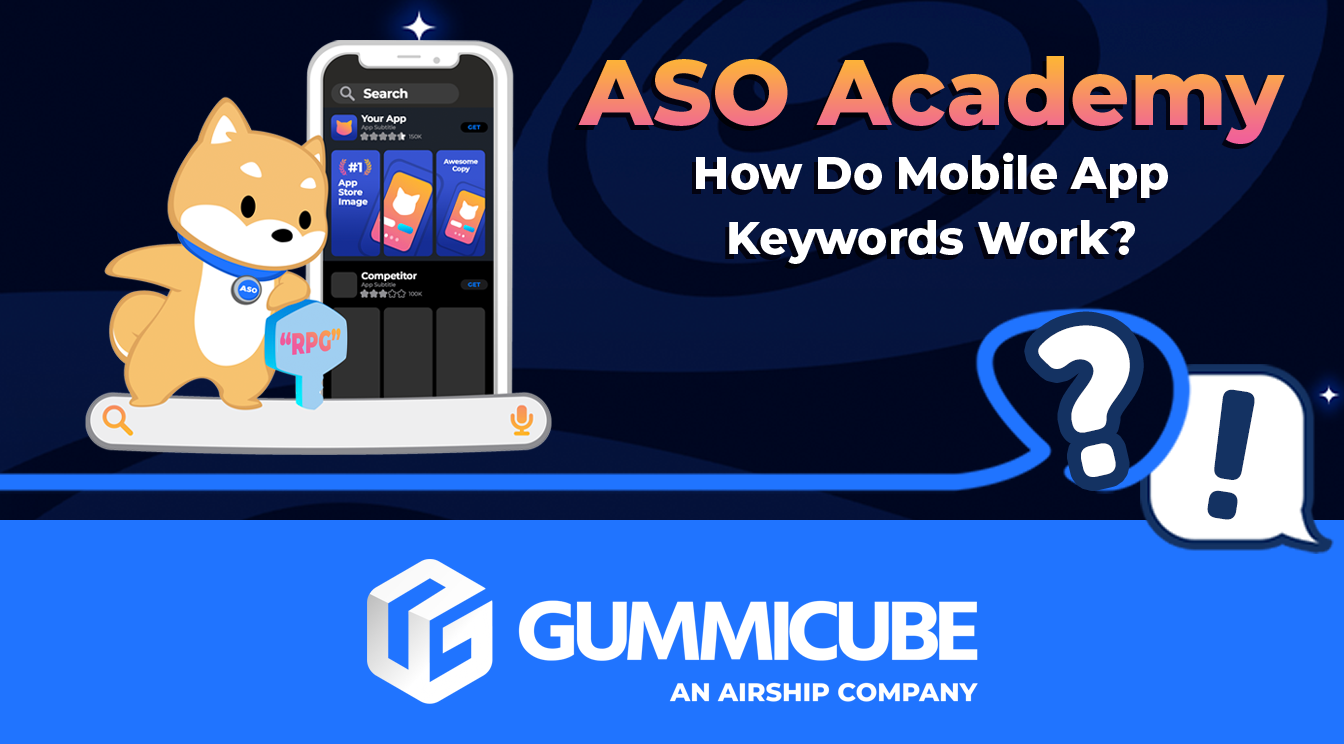
App keywords serve as the compass guiding users toward discovering your app among countless options. These terms and phrases link user intent to specific app features relevant to their needs. By strategically incorporating phrases that align with those needs, you significantly enhance the likelihood of your app appearing in search results, amplifying its visibility and potential downloads. Thus, grasping the nuances of keyword optimization becomes an essential part of your ASO strategy.
In this ASO Academy, we’ll dive into the basics of mobile app keywords for both the App Store and Play Store so you can confidently outline your own keyword optimization strategy.
Keyword indexation is the process by which app stores categorize and rank applications based on their relevance to user queries. In this article, we’ll focus on the Apple App Store and Google Play Store, studying how each platform indexes targeted phrases to help increase app visibility. Behind the scenes, each of their algorithms meticulously analyzes keywords within your app metadata to determine its placement within search results. However, there are notable differences in which fields are considered for indexation.
In the realm of the Apple App Store, indexation occurs within three metadata fields where your iOS keywords will be essential. These include:
The Play Store employs a unique approach to keyword optimization with its own set of fields being considered for indexation:
An important factor to consider is what fields are visible on the app listings for each platform. This will impact your keyword selection as your most important ones will be prioritized for visible assets. The app title, subtitle, and descriptions are all visible for users to read, meaning the terms most related to your features should be placed here. Apple’s keyword bank, on the other hand, is not visible and can be used to include related keywords that can also contribute to your visibility that either didn’t make the cut or aren’t considered your most essential.
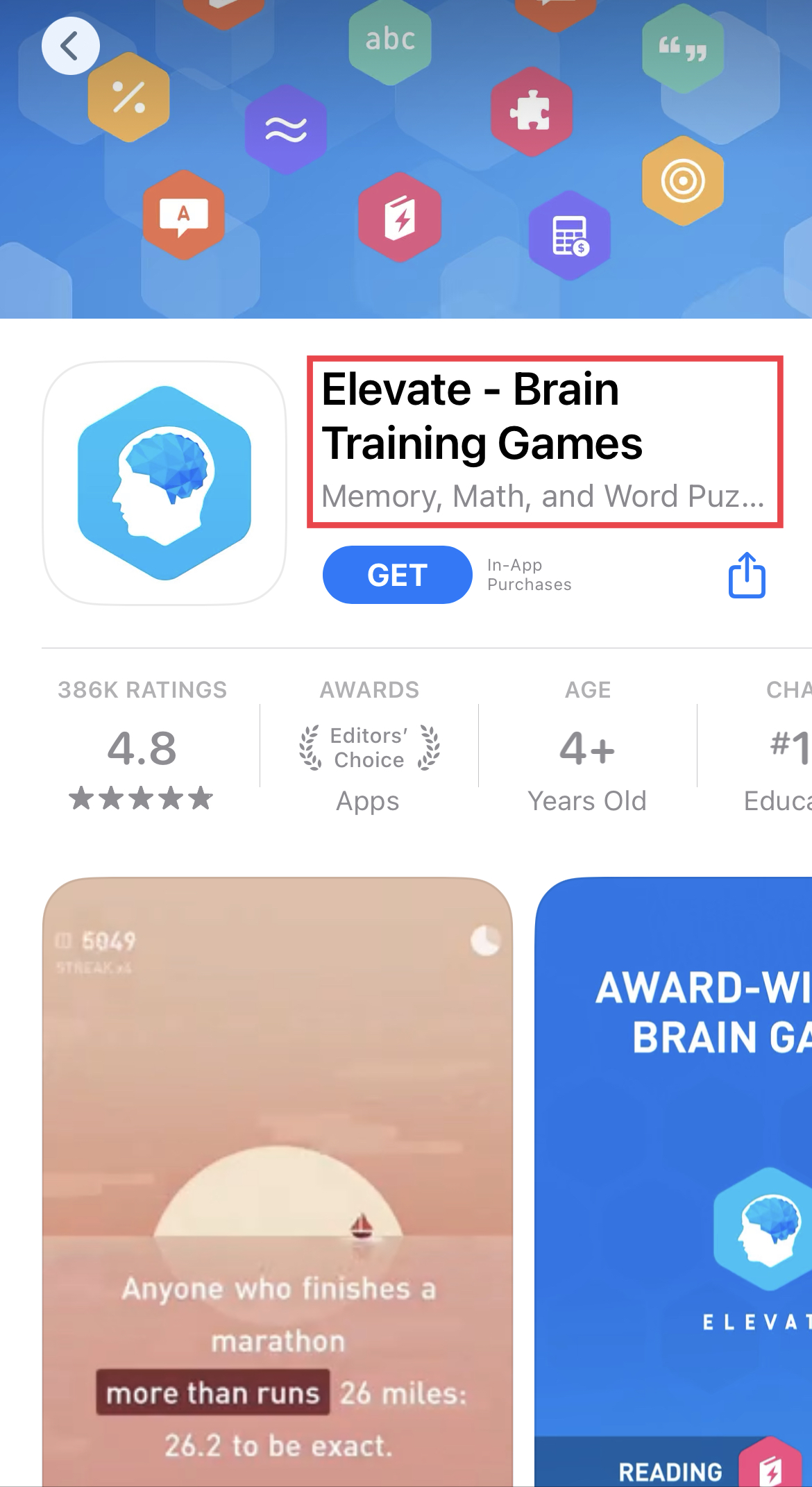
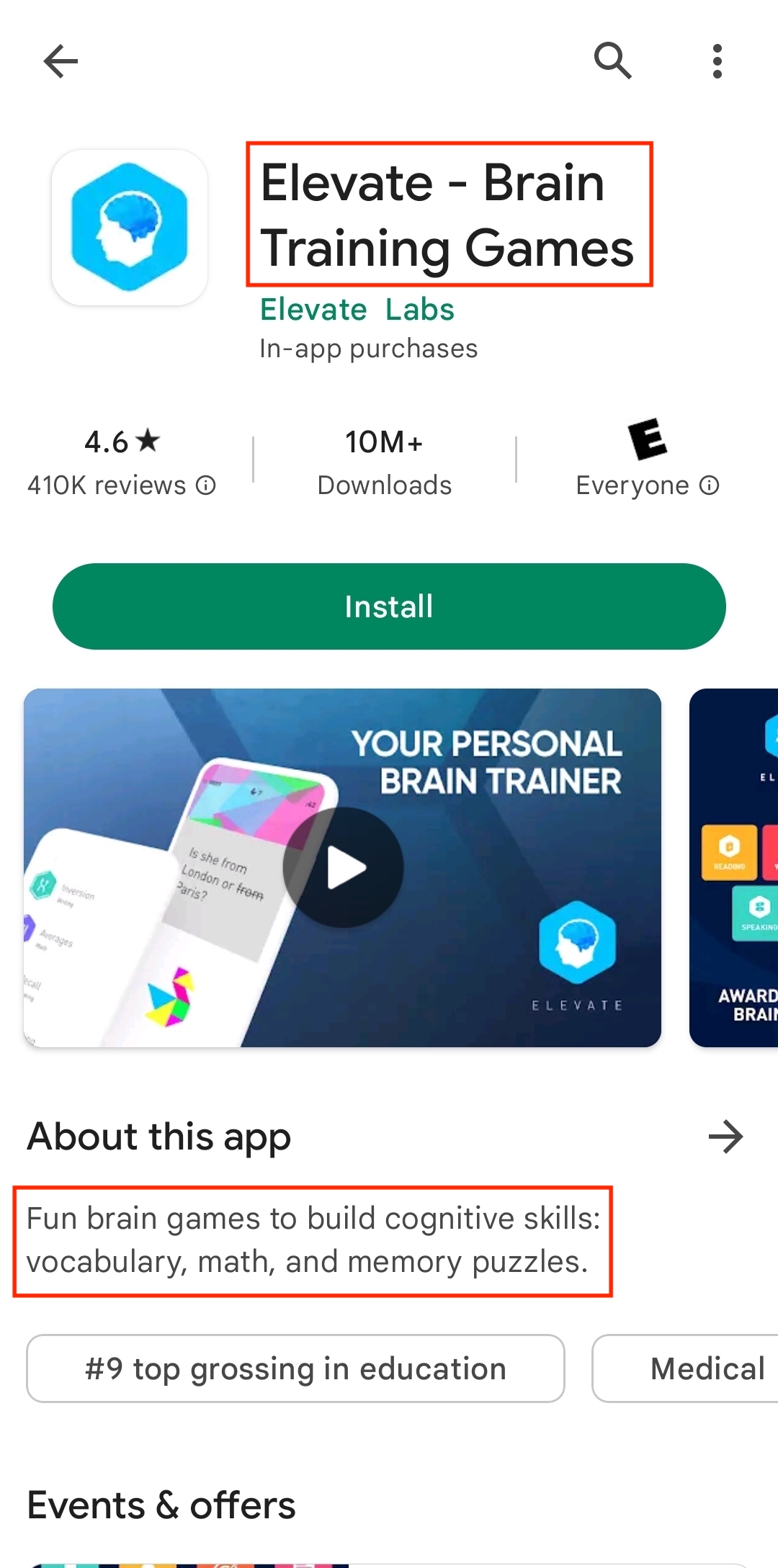
One significant difference between both platforms is phrase building. This occurs when two or more keywords that are targeted can be united to form a phrase that qualifies as an additional keyword. For example, you may be targeting the terms “RPG” and “adventure”. Phrase building occurs when the algorithm scans these two to build the phrase “RPG adventure”, creating another keyword-targeting opportunity. However, this handy feature only applies to the App Store so your Play Store keywords should be composed of a healthy balance of single-word and long-tail keywords.
Strategically selecting keywords is a delicate task where the idea is to combine two pivotal factors:
There are several ways you can go about determining which keywords you will use in your app metadata. From manually inputting relevant terms into the search bar and utilizing auto-suggestions to glean insights into prevalent user queries to studying prevalent keywords among competitor listings. Nonetheless, these methods can be labor intensive, requiring hours of work to pinpoint exactly which keywords fit best with your own strategy.
A recommended strategy is to use dedicated ASO technology that can do the heavy lifting for you. Whether it’s identifying the right competitors, compiling keywords, and even receiving suggestions for terms that could perform well, external ASO tools can streamline your keyword research and selection process significantly.
Given the ever-evolving app store algorithms and user behaviors, unwavering vigilance over your app's performance is imperative. As a result, your initial keyword selection may require changes. Regularly assessing keyword effectiveness, adapting to shifts in search trends, competitive dynamics, and user feedback is paramount for sustained success.
Perform minor adjustments to your keywords through iterations (we recommend every 4-6 weeks) based on your current app keyword ranking, market conditions, and future app marketing plans. If you are planning a major overhaul to a certain metadata field, consider running an A/B test first to justify whatever major change you intend to apply.
Proficiency in mobile app keyword optimization elevates app visibility within app stores and serves as the foundation for the rest of your app marketing. Through strategic selection aligned with user intent, market and performance fluctuations, and ongoing refinement of your strategy, you can orchestrate a path toward more downloads and secure long-term success for your mobile app in the ever-evolving worlds of the App Store and Play Store.
Get started with your keywords alongside the ASO experts at Gummicube today!

Make sure your app stays compliant with the latest App Store Screenshot Dimensions & Guidelines here
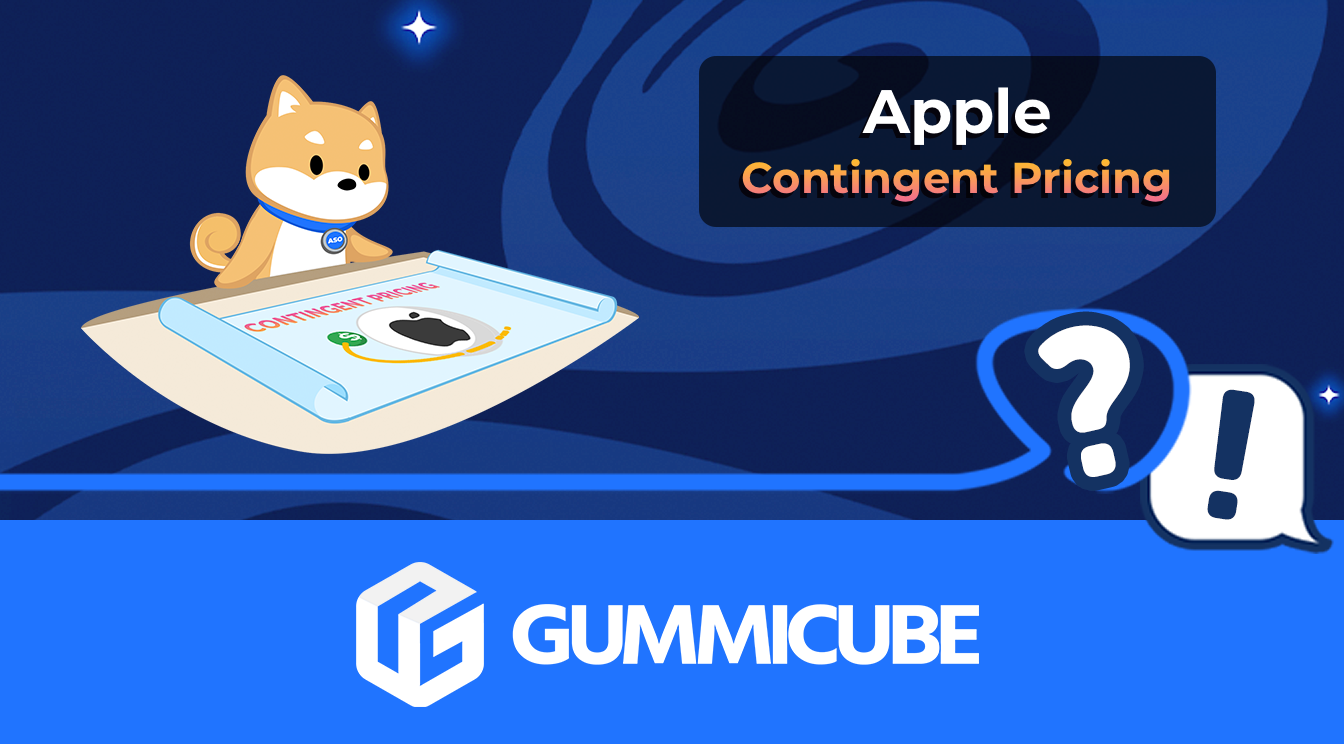
Soon developers will be able to extend their customer lifetime value with a handy new way of providing subscription offers directly through Apple. Contingent Pricing looks to act as a revolutionary new system for leveraging new upsell & cross-sell opportunities all within Apple’s ecosystem.
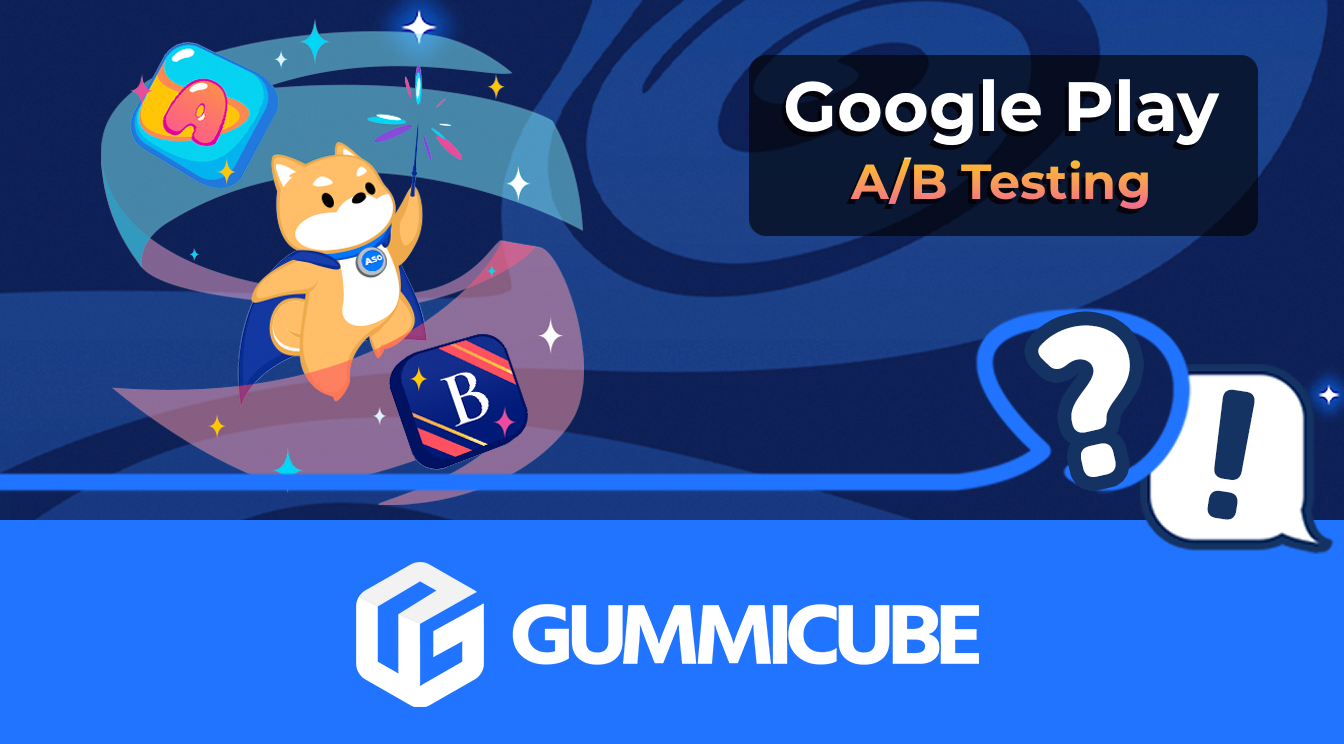
Have you ever A/B tested your Google Play listing? If not, you're probably navigating the Play Store marketing blind, and leaving valuable installs on the table.